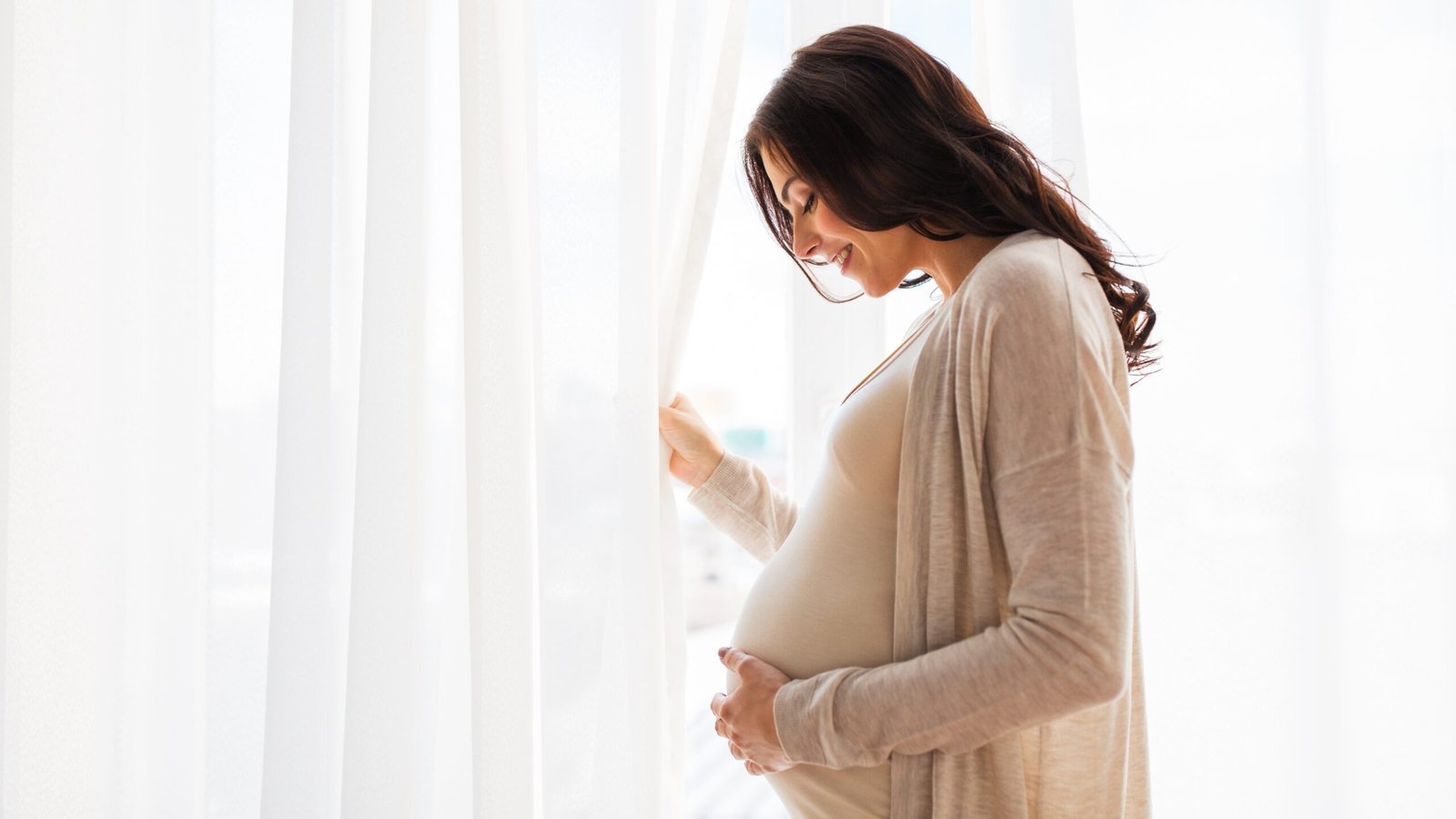
Infertility affects a growing number of individuals and couples worldwide. According to the World Health Organization, around 48 million couples and 186 million individuals globally experience infertility. In developing countries, millions of women of reproductive age long to conceive and start a family.
At Medi-Gyn – Your Fertility and Hormone Balancing Centre, we are committed to helping women understand and overcome the challenges that can hinder conception. One of the most important and often overlooked factors in fertility is weight and hormonal balance. Whether you are underweight or overweight, your body mass index (BMI) plays a major role in reproductive health.
Weight affects fertility in several ways—primarily by disrupting hormonal balance and ovulation cycles.
Overweight and obesity can lead to irregular menstrual cycles, anovulation (failure to release eggs), and poor egg quality.
Underweight women may experience amenorrhea (absence of menstruation) or irregular periods, reducing the chance of conception.
Being either underweight or overweight increases the risk of polycystic ovary syndrome (PCOS), insulin resistance, thyroid imbalances, and estrogen dominance—all of which affect ovulation and hormone production.
Women with a BMI less than 19 are considered underweight. If you fall into this category:
Your body may stop producing enough estrogen to maintain a healthy reproductive cycle.
You may experience missed or irregular periods.
In extreme cases, ovulation may cease completely, making it very difficult to get pregnant.
This is especially common in women with eating disorders, very low-calorie diets, or those engaged in intense physical training.
A BMI of 25 or higher is considered overweight, and 30 or higher is obese. This can:
Disrupt the hypothalamic-pituitary-ovarian (HPO) axis, which controls hormone production and ovulation.
Cause elevated insulin levels and insulin resistance, leading to excess production of androgens (male hormones) that interfere with ovulation.
Increase the risk of developing PCOS, one of the most common causes of female infertility.
Lower your chances of success with IVF and other fertility treatments due to poor ovarian response, reduced egg quality, and implantation failure.
Increase the risk of early pregnancy loss and complications during pregnancy, such as gestational diabetes and preeclampsia.
As women age, especially after 35, certain hormones play a more dominant role in both weight gain and fertility:
Estrogen: Fluctuations or deficiency can lead to fat storage and poor ovulation.
Progesterone: Low levels can prevent proper implantation and lead to irregular cycles.
Insulin: High insulin levels caused by poor diet or insulin resistance can impact ovulation and increase fat storage.
Cortisol: Chronic stress raises cortisol, which can affect metabolism and suppress reproductive hormones.
Thyroid hormones (TSH, T3, T4): An underactive thyroid (hypothyroidism) leads to weight gain and menstrual irregularities.
Leptin: A hormone produced by fat cells; too much or too little can disrupt ovulation and reproductive hormone regulation.
If you’re undergoing fertility treatment such as IVF, weight can significantly influence success:
Overweight women may require higher doses of fertility medications.
Egg retrieval may yield fewer eggs of lower quality.
Obesity can make ultrasound monitoring and egg collection procedures more difficult.
The risk of miscarriage is higher, and implantation rates are lower in women with a high BMI.
At Medi-Gyn, we take a functional, personalized approach to fertility care. Our services include:
Comprehensive hormonal evaluation to identify imbalances.
Customized weight management plans that include nutrition, fitness, and stress reduction.
Supportive treatments for PCOS, thyroid issues, insulin resistance, and adrenal fatigue.
Preconception detox and fertility-boosting protocols.
Tailored fertility programs to support natural conception or assist with IVF preparation.
If you’re trying to conceive and are concerned about your weight or hormonal balance, you’re not alone—and there is help. Maintaining a healthy BMI, balancing your hormones, and addressing lifestyle habits can significantly improve your fertility outcomes.
Let the experts at Medi-Gyn guide you with compassionate care and science-backed solutions. Whether you’re just starting to plan a family or already exploring fertility treatment, we’re here every step of the way.
Contact Medi-Gyn today and take the first step toward your journey to parenthood. Your dream of becoming a mother is within reach—with the right support and personalized care.
Error: Contact form not found.



